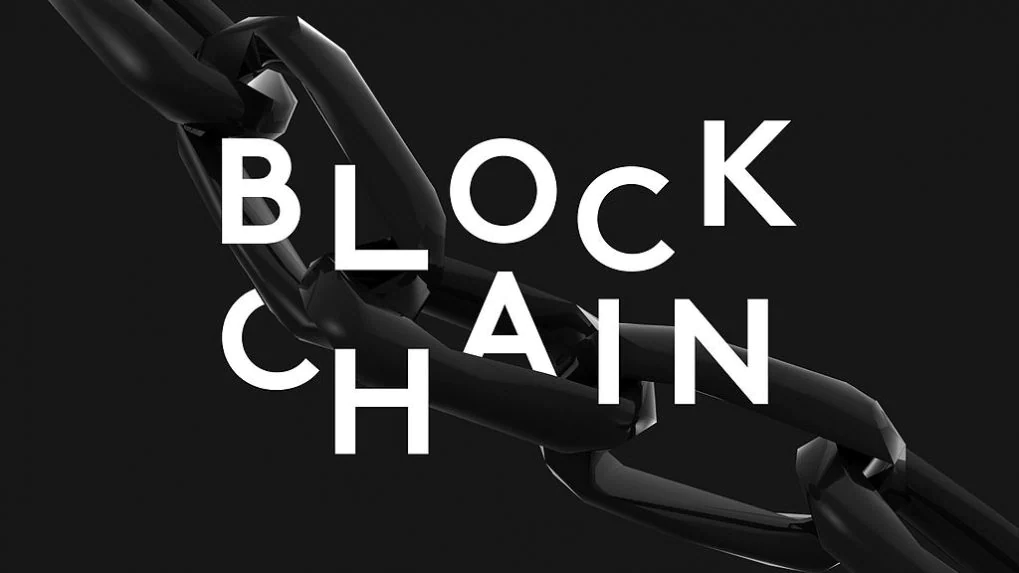Mini
In this article, we learn about investment DAOs, their advantages over traditional venture capital and the challenges they would have to overcome to gain mainstream popularity. However, before that, we must first understand what DAOs are and how they work.
If someone is looking for blockchain use cases beyond cryptocurrency and NFTs, decentralised autonomous organisations (DAOs) might be a fascinating find. They bring the power of blockchain technology into the real world, in perhaps the most practical way possible.
In this article, we learn about investment DAOs, their advantages over traditional venture capital and the challenges they would have to overcome to gain mainstream popularity. However, before that, we must first understand what DAOs are and how they work.
What is a DAO?
A decentralised autonomous organisation (DAO) is a new way to govern an entity. It does not have a central authority or administrative body to make a decision. Instead, a collective group of leaders and participants act as the governing body. In simple terms, DAOs are an organisational framework wherein decisions are made through a bottom-up management approach.
DAOs work through votes and smart contracts. These organisations have their own tokens, which are listed on popular crypto exchanges. Users can buy these tokens and then use them to vote on any proposals presented to the DAO. The number of tokens you have decides your voting power.
For instance, a user with 10 DAO tokens will have ten times more voting power than a user with 1 DAO token. DAOs also work with smart contracts. These coded agreements carry out actions based on the outcome of the vote. Therefore, the entire process of approving and putting into action propositions can be done without any central authority.
What is an investment DAO?
DAOs usually have a singular goal, with all members working toward this objective. For instance, a DAO can be set up to manage the workings of a blockchain network. In the case of investment DAOs, that one singular goal is to raise and invest capital into varying assets on behalf of its community.
All the users within the DAO can vote on what assets they wish to invest in. If others vote in favour, the funds are allocated towards the target asset. Then, all profits from the investment will be distributed to the token holders in proportion to the number of tokens they own.
Advantages of investment DAOs over venture capital
Investment DAOs and venture capital perform the same function but differently. The function is investing in asset classes that can earn them mounting profits in a few years. So, how exactly do Investment DAOs and traditional venture capital differ?
Open to all
Investment DAOs are open to all. There is no minimum threshold to enter such an organisation. Even if you have one governance token, you still have a say in the decision-making process. On the other hand, the minimum investment to enter traditional venture capital companies is often several million dollars.
Liquidity
With an investment DAO, your tokens are not locked up in the target asset. Therefore, users can sell their tokens and exit the DAO any time they like. On the other hand, venture capital investors must wait until the fund offers an exit.
No centralisation
Traditional venture capital firms are usually run by a group of individuals. These individuals typically have the sole power to select the target assets. In such a setup, individual investors rarely have a say in the matter. Investment DAOs, on the other hand, put all decision-making power in the hands of their members. They can vote for or against asset classes.
Drawbacks of investment DAOs
Everything has positives and negatives; the same goes for investment DAOs.
Here are some risks one should be aware of when dealing with these organisations.
Lack of regulation
DAOs are an impressive use of blockchain technology. However, they still don’t have a uniform regulatory framework that is advanced enough for everyone to trust. In the case of IPOs and traditional VCs, we know that contracts are legally bound and in case of breach of trust, the authorities always take care of the people’s interest. That is not the case with DAOs.
Laws regarding investment DAOs differ from country to country, and there aren’t concrete regulations drawn out yet. This grey status makes it difficult for investment DAOs to work with traditional investments, restricting their scope primarily to crypto projects.
Hacks
A single bug in the smart contract of an investment DAO could lead to its entire treasury being drained. The DAO project is a classic example of an investment DAO brought to its knees due to smart contract vulnerabilities.
In 2016, the DAO was launched on the Ethereum blockchain and quickly became one of the largest crowdfunding campaigns in history, accumulating more than $100 million in its treasury. However, within a month of its launch, The DAO was hit with an attack that targeted smart contract bugs, allowing the miscreants to get away with 1.5 million Ether, valued at around $50 million then.
Poor portfolio management
Just because a majority votes in favour of an asset or project doesn’t mean it is a good choice. Often, everyday investors lack the understanding and expertise of seasoned market analysts that usually run traditional venture capital firms. This gap in knowledge and insights can cause users of a DAO to make poor investment choices.
Conclusion
DAOs are a huge step in the right direction. They give smaller investors a viable alternative to the traditional venture capital industry. However, until the tech is refined, and regulations are streamlined, DAOs will see limited mainstream adoption. Perhaps, a synthesis that brings together the positives of DAOs and VCs is something that could get the ball rolling.
First Published: IST
Credit: Source link



Comments are closed.